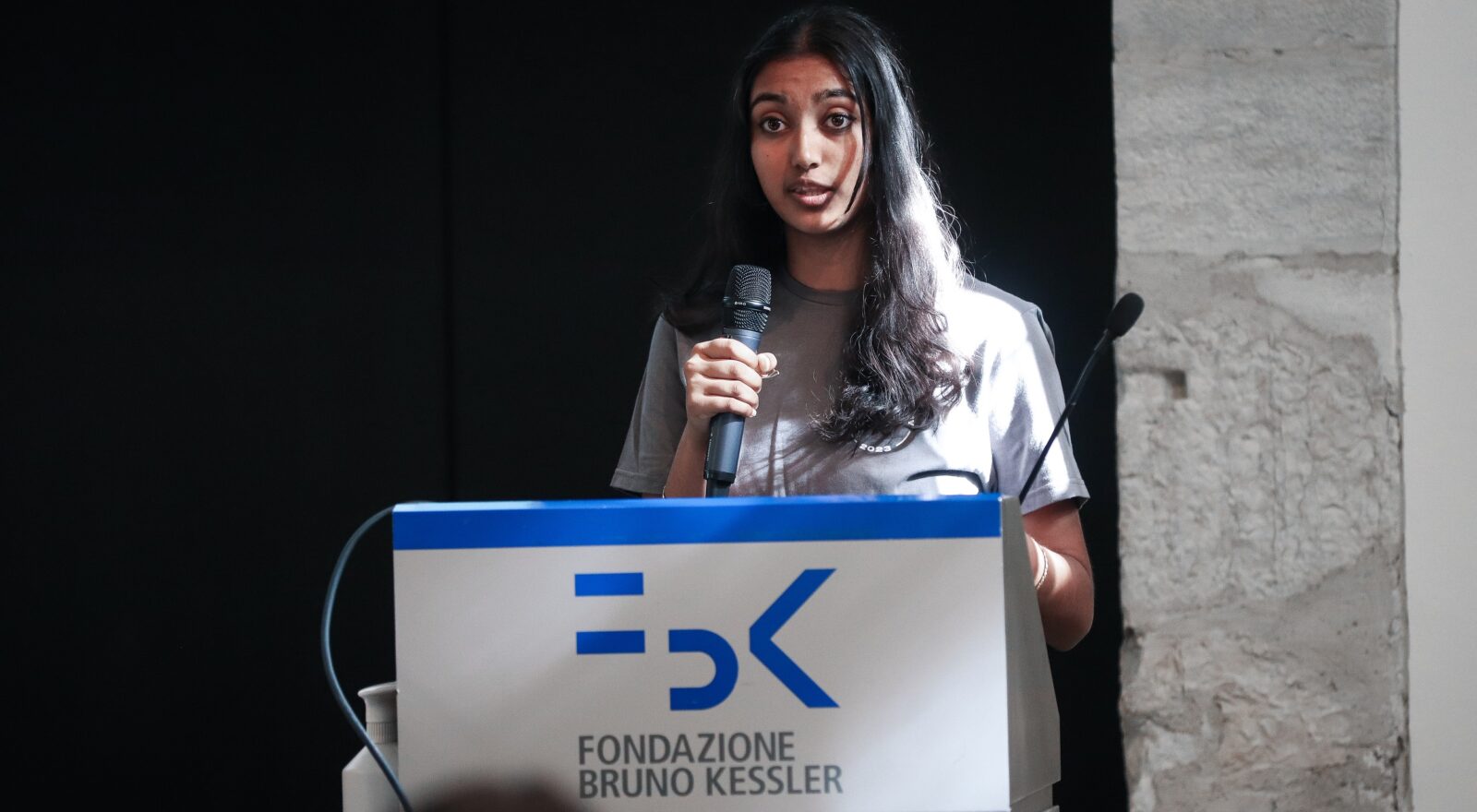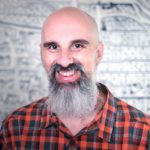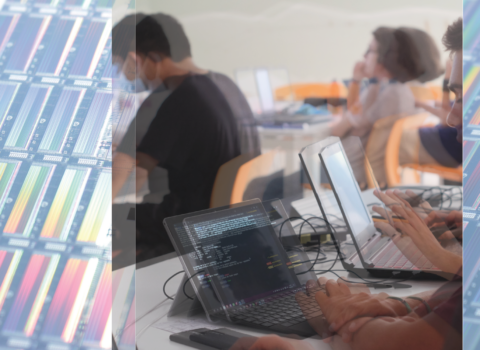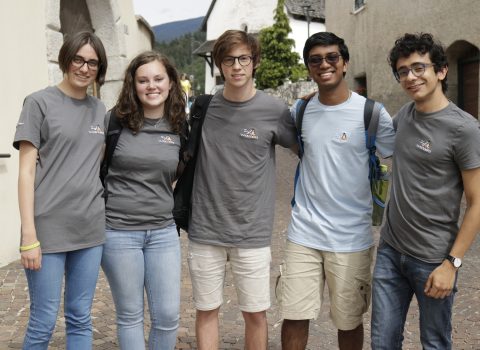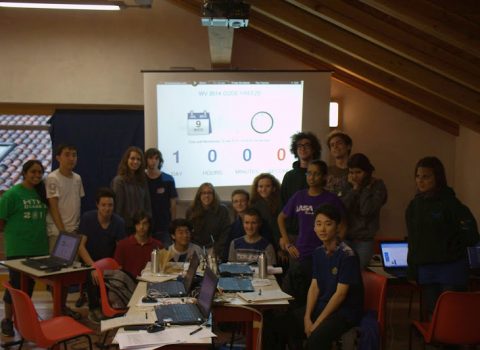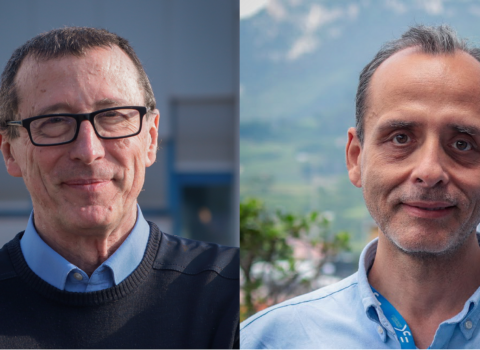
WebValley and the Communication of Science
July 7 marked the wrapping up of Webvalley, FBK's summer school dedicated this year to air quality analysis. Eighteen youths took part in it, and they had to focus also on telling the results of their work, which was accomplished with the help of exceptional mentors.
WebValley has been organized in our Foundation since 2001. This is a residential summer school attended by students aged seventeen to eighteen, selected to experience their first steps in the world of research. Designed as an initiative for high schools in Trentino Alto-Adige, today WebValley has gone international, as it was well described in the article published by stampagiovanile (in which voice is given to some of the participating students).
In 2023, participants worked on the analysis of air pollution data, as can be seen in the final event video. They did this in English, so as to give a truly international scope to their work. This should not be taken for granted. English allows not only to open the WebValley desks to youths from all over the world, but also induces them to accept the challenge of communicating their knowledge by adding, for the majority of non-native speakers, a complicating factor. Reducing complexity is one of the great goals of research and communicating it in particular, so we welcome such challenges.
It is precisely to communication that I would like to devote two other thoughts, in addition to the one on language. The training of a good researcher nowadays includes skills connected to public speaking, the use of video-presentation programs and social networks. I was thinking about this as I looked out as a mere spectator at the WebValley program, observing the ability to build sincere interaction.
The first consideration: those who communicate well are able to stimulate questions dictated by genuine interest. Those of us familiar with conferences have for sure been asked by the organizers to think of a few questions to ask from the audience, to avoid the awkward silence: “Please, ask something!” We also know the bad habit of faking questions for the sole purpose of letting the audience know that we know more: “While I agree with my colleague, let me add….” The theatrics of question time are alien to the real curiosity of sincerely interested youth: no need to pray and no need to brag. Let me give you an example: I attended a lecture on Artificial Intelligence and only the passing of lunchtime stopped the flow of questions, stimulated by Nello Cristianini, a scientist and popularizer of the highest caliber (interviewed here by Paolo Traverso).
The second consideration: emotion and trembling voice are part of communication. Being able to describe emotion and thus create engagement I think is one of the secrets to really getting your audience interested in what you are telling them. In the voices of the WebValley girls and boys I have sometimes recognized this emotion, as I have also recognized talent. But how can we define communicative talent? Perhaps as the innate instinctive ability to do things with ease that are not generally easy to do. Telling one’s activities in an engaging way can, in short, also be a matter of talent. As ‘expert’ researchers, we have the task of recognizing this and cultivating it in young voices.
Speaking of the taste for challenge I mentioned earlier, it would be stimulating to imagine for WebValley a future in which the reflection of the humanities combines more closely with that of the so-called hard sciences.The example of this year’s topic, air pollution, may be illuminating. The measurement of data is certainly essential to learn about the state of things and to design a virtuous future, but at the same time, it would be really constructive to propose in parallel a historical reflection on how we got here, and a philosophical one on why we got here.
